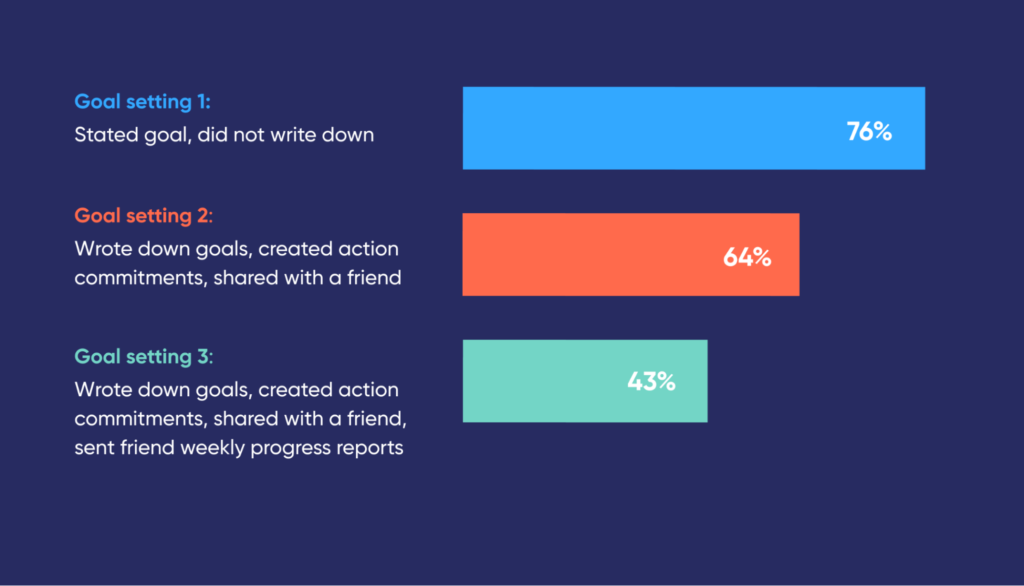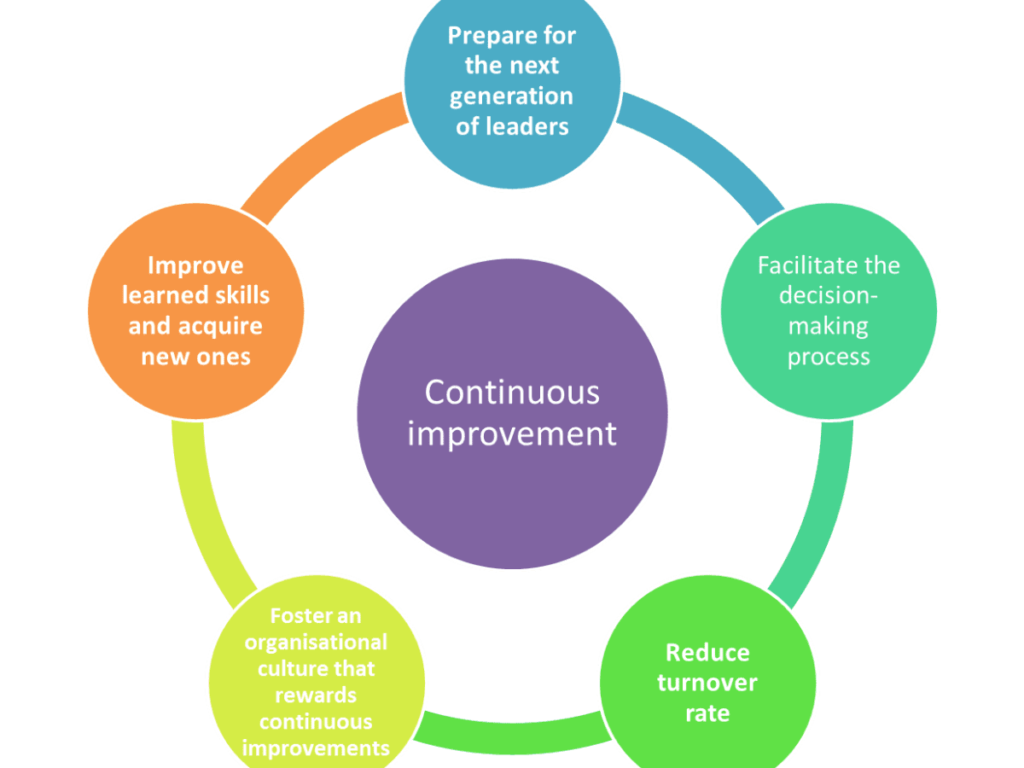
A new and exciting chapter begins with retirement, not a sad goodbye. Here’s a chance to seize the day and live life to the fullest, according to your own terms. Your daily habits greatly impact the quality of your golden years. Doing these little things can have a big impact on your retirement and how fulfilling it is for you. Here, I will lay out some daily tasks for you to complete. The effect on your golden years will be life-altering, and it’s never too early or late to begin, believe me.
Those who see the beauty in their dreams will succeed.

Life evolves. We all experience change at some point in our lives. Many things have changed and been disrupted globally. This is undoubtedly ongoing.
The rapid shift to remote working and learning has changed our lives as a result of this major disruption. Many have used this time to assess their lives, priorities, values, and future goals for a better and more balanced life. Life changes ultimately. Without change, life would be dull. Whether we choose or are forced, life is about change.
Nobody’s life stops. People, material possessions, places, and careers change for many reasons. My lifestyle and career changed recently. I decided to leave the corporate world and focus on the things I am passionate about while achieving a more balanced lifestyle.
Eventually, people called me a retiree. I wondered. What is the definition of retirement? After looking up “leaving one’s job and ceasing to work” in the dictionary,
Each person defines retirement differently. I prefer career and lifestyle transformation. Yeah, mouthful!
My current transition allows me to focus on my passions, paid or not, and be more flexible and free. Whether you are planning to “retire” or change careers and lifestyles, it is a major transition that must be well-planned.
I accepted my changes and used the self-coaching method I developed several years ago to prepare for major transitions, as I had advised others. Life is messy and complicated, as we know.
My life changed when I finished corporate work. What! My anticipation was high. Even with careful planning, changing my lifestyle was emotional. My anxiety became severe. After leaving my high-pressure job, surely my anxiety would decrease. I was prepared, but I didn’t realize the full impact of my emotions. I felt first like a ship without a rudder. My daily routine vanished.
Why we work varies. A well-done job. Collaboration and shared goals are also important. Participating in human life, belonging, and relationship complexity are key. Security and purpose—about work or financial security—are also important.
What advice can I give someone considering “retirement” or a career and lifestyle change?
Learn how to distinguish between shift and change.

Keep in mind that the words change and transition mean different things. An external event or circumstance causes change, and this change can occur rapidly. Changing careers or relocating to a new area are two examples. The term “transition” refers to the mental and emotional changes that occur within an individual as a result of a change.
The endings you experience while leaving the old situation behind are the starting point for dealing with transition, not where you want to be. When going through a significant transition, it’s crucial to be aware of the emotional effects.
The end of any chapter in your life deserves a proper celebration. To celebrate reaching the end of this major chapter of your life’s journey, now is a good time to plan some events, whether they be social or not. Things are most disorganized and disorderly during the neutral zone, which is the middle phase. Curiosity aside, it is precisely in the midst of disorder that novel concepts and opportunities can blossom.
When you’ve figured out your future life’s trajectory and are ready to start over, that’s the new beginning. There is no strict sequence to these steps; in fact, you may be completing some or all of them simultaneously! Curiously, we have a tendency to focus on our strengths, which can even become our weaknesses.
Define your objectives and get moving.

The power to make a difference can be yours when you declare your life’s mission and set concrete, attainable objectives. Our aspirations tend to evolve throughout the course of our lives. But getting your life’s purpose straight and making plans to get there can be an empowering and freeing experience.
By drawing on our inner strengths and the knowledge we’ve acquired through overcoming adversity and obstacles, we’re setting a goal for ourselves to achieve our full potential.
Accomplishing objectives provides you with a sense of direction, purpose, and forward motion. Setting and achieving goals is valuable not only for the goals themselves but also for the person you develop into. Making deliberate adjustments to one’s routines and actions is key.
You are contemplating the things you need to alter about yourself in many respects. By doing so, you are undergoing an emotional transformation, embracing long-suppressed, uneasy emotions that require attention. This can improve every part of your life and is the key to long-term change.
Always plan ahead.

We must not overlook this crucial stage. The initial step is to identify your purpose and establish your goals. True transformation occurs when one creates a personalized strategy and tracks their advancement towards their objectives. If you’re planning a big life change, it’s one of the best ways to make sure everything goes smoothly when the time comes to actually do it.
Developing and maintaining good habits is frequently the key to reaching your objectives and making a lasting change. Whether in their personal or professional lives, many have found that this model helps them make lasting changes and ultimately leads to a life they love.
A good work-life balance, in which you get enough done at your job while also making time to relax, recharge, and enjoy life with loved ones, is something we wholeheartedly support. As is well known, this aids in avoiding burnout and lessening stress. Your transition to your new life will be smooth if you have followed this in your working life.
But there are plenty of people who devote themselves fully to their jobs. Their relationships are all about work, and it appears that work occupies the vast majority of their lives. Establish objectives to cultivate meaningful relationships and engage in meaningful activities outside of work.
Master the art of self-awareness and mindfulness.

It doesn’t matter if the change in your life is sudden or gradual; either way, you’ll experience loss and grieving. Learning about the stages of grief can help you cope. Gaining insight into the origins of your emotions is a great first step. Be ready for the intensification and worsening of any long-standing patterns of behavior and thinking that contribute to anxiety and stress. The most important thing is to get yourself emotionally ready so the change goes more smoothly.
I was able to keep my anxiety in check for the most part while working in the corporate world. I pretended to be that duck, gracefully gliding on the water while my legs swam frantically. Keeping a mental and emotional distance from my work helped me be conscious of the effort I put into it.
You can learn a lot about yourself and your patterns of behavior, especially when you’re under pressure, by going through a big transition, regardless of how well you’re prepared. It is a catalyst for transformation. Take this time to think about why you’re feeling anxious and stressed out in the first place. You might be amazed by the results!
For me, the anxiety that I had repressed for so long intensified, and the need for adrenaline to persevere in a demanding corporate job became more apparent. This life-altering decision gave me the chance to finally get a handle on anxiety and to deepen my mindfulness and self-compassion practices on a daily basis. This was fundamental to my plans for the future and a primary objective in my personal action plan.
Practice maintaining an attitude of continuous improvement.

When we challenge ourselves, learn something new, and push ourselves beyond our comfort zones, our brains adapt and develop stronger connections. Through learning, our brains can even undergo reorganization. No matter your age, it makes no difference.
People who lean toward a fixed mindset consider attributes like intelligence, skill set, and talent to be timeless characteristics. Who we are now, in their view, is essentially a guarantee of our future selves. Personality attributes and skill sets, on the other hand, are considered as adaptable by those who hold a growth mindset. They hold the view that one can improve even the most fundamental traits through consistent effort. They recognize the importance of developing their skills and abilities and are actively working towards this goal.
When things don’t go according to plan, those who have a growth mindset see setbacks as stepping stones to success. In the long run, they can see what they are aiming for. To those with a fixed mindset, setbacks may seem insurmountable, but to those with a growth mindset, they present opportunities for personal development. We don’t fit neatly into any category. At least occasionally, we all find ourselves considering things from both the pro- and con-sideration viewpoints. Despite your growth mindset in general, there are situations in which you might be more set in your ways.
Creative thinking and innovation flourish in an environment where failure is not a death sentence and lessons learned are applied with an eye toward the bigger picture.
Your chances of making long-term changes and developing a growth mindset increase when you define your life’s purpose and set attainable, meaningful goals to improve your situation and mental health.
We are all affected by this, and it doesn’t matter if you are just starting out in your job, moving, or experiencing any other big change in your life, even “retirement.”
To help you develop a growth mindset, consider your perspective on setbacks and errors. Those who have a growth mindset view problems as opportunities to learn and advance. “Failure is the best teacher” is a saying that fits this situation perfectly.
Get ready for obstacles; you should expect them. Think of any time you push yourself beyond your safety net and try something new as a challenge.
Investigate your progress and the reasons behind your success or failure to make these changes with an inquisitive mind. Transformation requires dedication and tenacity. Here, getting back up after a fall is crucial. Simply put, don’t lose sight of the ways you hope to develop. The things you hope to accomplish in life. Determine the kind of impact you hope to have. Methods by which you intend to advance and then actually do so.
Always remember.
There is a chance to rewrite your life story whenever you embark on the path to retirement or make a significant change in your career and lifestyle. The shape that the next phase of your life takes is entirely up to you, regardless of whether you were ordered to make the change or not. This is a chance to grow as a person, overcome your fears, and take a more optimistic and forward-thinking approach to the next phase of your passionate and satisfying life journey. Regardless of the changes you’re experiencing in your life, I hope these tactics assist you. May you have an amazing time writing the next chapter of your life.
Wise Words!
Retirement can be fulfilling and enriching with simple habits. Goals guide daily and long-term actions. You stay on budget and invest with regular financial reviews. Fitness, learning, and socializing improve well-being and keep you active. Enjoy your retirement by practicing mindfulness and eating well, which improve mental and physical health. Never delay forming these habits. Daily progress toward your goals should be celebrated. You can grow, enjoy, and fulfill your retirement with a proactive mindset and simple, positive habits. Grab every opportunity and enjoy the ride!